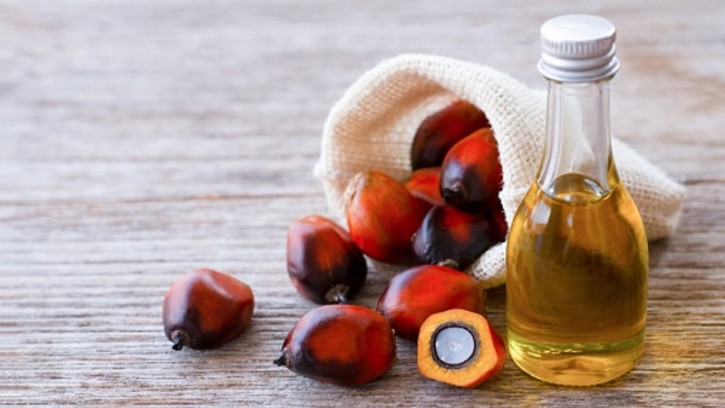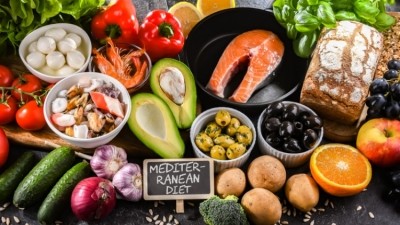Palm oil trade shift: Malaysia likely to emerge as big winner with UK’s CPTPP membership approval

The United Kingdom successfully obtained membership to the Comprehensive and Progressive Agreement for Trans-Pacific Partnership (CPTPP) trade agreement in July 2023 after two years of negotiations and receiving ratification from all existing member countries.
This is expected to enter into force in the second half of this year, and will make the UK the twelfth CPTPP member – a major trade milestone for the country given its withdrawal from the European Union in 2020.
However, there were concerns that the deal could lead to an increase of palm oil imports from deforested land.
But new documentation from the UK Trade and Agriculture Commission (TAC) advising the Secretary of State for Business and Trade on CPTPP accession says this has been addressed, and suggests Malaysia could be a big winner.
“The risk that CPTPP would lead to an increase in imports of palm oil from deforested land has been determined to be low for a variety of reasons,” TAC highlighted in its report.
“The vast majority of importers are committed to using the Roundtable for Sustainable Palm Oil (RSPO) standard, which is deforestation-free; and for the remainder Malaysia operates a mandatory deforestation-free standard [which is the Malaysian Sustainable Palm Oil (MSPO) standard].
“This is at least equal to the standard applied in Indonesia [ISPO], which Malaysia is to some extent likely to supplant as a supplier of palm oil to the UK.”
Indonesia is not a CPTPP member – current existing members are Malaysia, Singapore, Japan, Australia, Vietnam, Brunei, New Zealand, Mexico, Canada, Peru, and Chile.
As such, with the UK’s CPTPP membership paving the way for zero-tariff Malaysian palm oil exports to the UK as part of the agreement, it is highly likely that the Malaysian palm oil sector will see a boost in the near future.
“Currently, the UK’s main supplier of palm oil is Papua New Guinea (138,000 mt in 2022) which is duty free under the DCTS, followed by Indonesia (79,000 mt) and Malaysia (55,000 mt),” TAC added.
“The UK also imports refined palm oil from Germany (39,000 mt), which was imported as crude palm oil from Malaysia (27%), Indonesia, Papua New Guinea and some Central American countries, and the Netherlands (28,000 mt), which mainly comes from Malaysian crude palm oil.
“[Although] we do not expect the UK’s total imports of palm oil to increase, we do expect to see some UK imports move from Indonesian suppliers to Malaysian suppliers and some refined palm oil imports to move from the Netherlands and Germany to Malaysian suppliers.
“This will be especially true for palm oil imported for use in UK products that can then be exported duty free under CPTPP to other CPTPP parties.”
MSPO acknowledgement
The TAC report also indicated acknowledgement of Malaysia’s MSPO standards as an acceptable sustainability benchmark to be used in trade.
“We have noted that MPSO certification has become a mandatory condition (since January 2020) for the Malaysian palm oil industry to obtain business licences, and that the new 2022 version of the MSPO standard prohibits palm oil cultivation on land cleared after December 2019,” the report added.
“It is expected that most Malaysian palm oil production will be certified against the MSPO 2022 standard by 1 January 2025, which is around the time that the UK Government anticipates the UK will accede to CPTPP.
“So provided this new standard is fully implemented by January 2025 and compliance with it is effectively enforced, there is a low risk that Malaysian palm oil exported to the UK would come from land that was deforested after December 2019.”
This is a situation that Malaysia has long been attempting to achieve with the EU, particularly after the EU Deforestation Law was passed – but although the standards for that remain ambiguous, having achieved this form of recognition from the UK, a former EU member, is undoubtedly a good start.


















